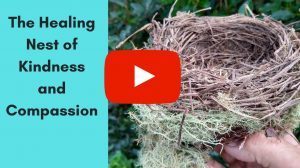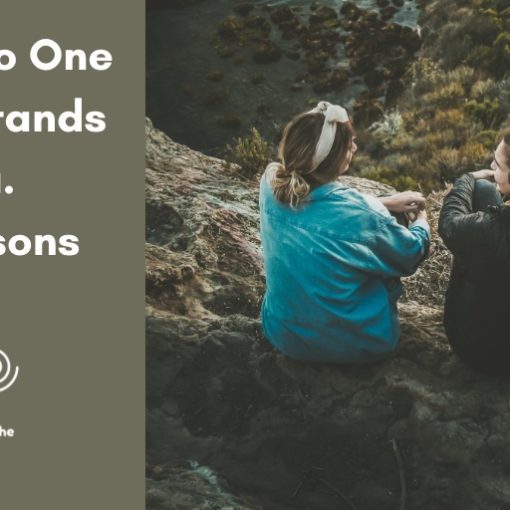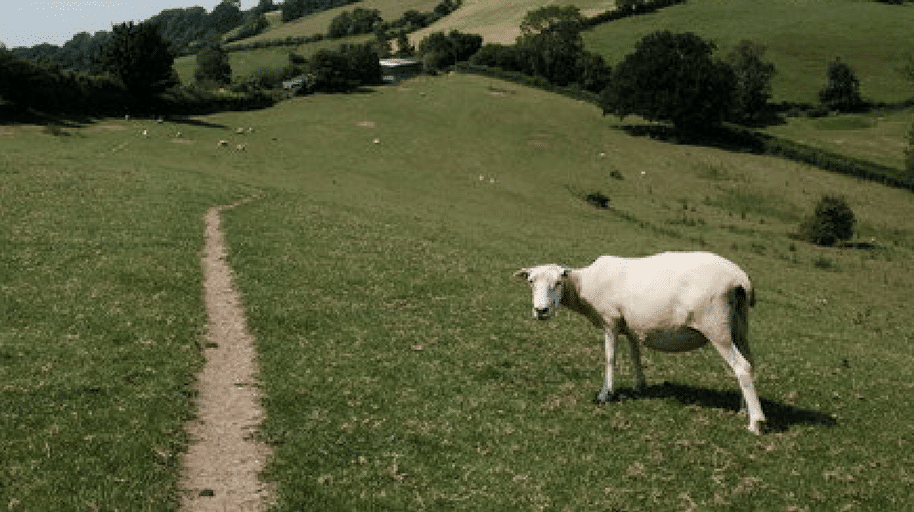I need a nest that I can call home. Actually, digging down a little further, I need a grouping of relationships that know me, love me, and have compassion and kindness when I get things wrong.
The other day I was pruning a vine and there high above my head was a nest. It had long been vacated. I’m not sure what type of bird built this elaborate structure to raise its young, but as I looked closer, there was an intricate architecture to the design.
Twigs, grasses, moss, lichen all gathered and foraged from around the garden and woven into a home.
Here are some pictures of the nest.
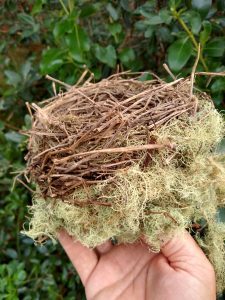
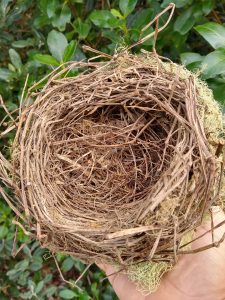
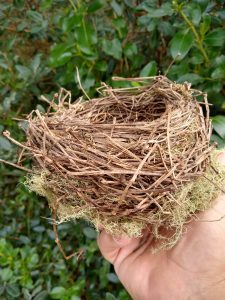
With the ancient wisdom that had somehow been passed on from bird to bird, there was divine craftsmanship taking place here. Every little fiber had been laid down for one purpose – to nurture the growth of the fragile.
Our Nest
We all have a nest around us. We may not realize it, but there are people all around us that provide some twig of support. It could be the professionals such as Doctors, nurses, therapists, etc., but most likely, the ones who provide the greatest influence are those that we come into contact with the most—our family, friends, workmates.
It’s a nest, a community. Oh, and yes, we are part of others’ support structures, their nest. It’s the ‘and next to them’ feature we see coming through from the rebuild of a broken wall in the story of Nehemiah.
I remember a counselor once contacting me about one of his clients that needed a nest. It wasn’t a physical nest but more a social-relational type of nest.
His client needed different people with different skills, wisdom, and life experiences to help his client to heal.
He had already assembled people such as a doctor, psychiatrist, and other mental health professionals. Still, he felt his client also needed a pastor and church community that understood the complexities of mental illness and recovery—real people living real lives.
So, over time, other people were added.
People with similar interests and hobbies. Some had backgrounds related to Mental Health, but many did not.
Some would go out for a coffee and have fun with them.
There was a kind of divine creativity going on to the building of their nest.
What surprised them was that they had something to contribute to the nest of others. From their lived wisdom, they were able to add strength to the growth of others.
A Road, a Ditch, an Inn
Jesus once told the story of a man that the brutality of robbers had dehumanized. They saw him only for what he had, not for who he was.
“There was once a man traveling from Jerusalem to Jericho. On the way he was attacked by robbers. They took his clothes, beat him up, and went off leaving him half-dead. Luckily, a priest was on his way down the same road, but when he saw him he angled across to the other side. Then a Levite religious man showed up; he also avoided the injured man.
“A Samaritan traveling the road came on him. When he saw the man’s condition, his heart went out to him. He gave him first aid, disinfecting and bandaging his wounds. Then he lifted him onto his donkey, led him to an inn, and made him comfortable. In the morning he took out two silver coins and gave them to the innkeeper, saying, ‘Take good care of him. If it costs any more, put it on my bill—I’ll pay you on my way back.’
“What do you think? Which of the three became a neighbor to the man attacked by robbers?”
“The one who treated him kindly,” the religion scholar responded.
Jesus said, “Go and do the same.” Luke 10:25-37
There are many observations we could take from this wonderful parable. You can read more by reading an essay I wrote many years ago called ‘The Dehumanising Effects of Sexual Abuse.’
Nest principles
1.There are some you don’t want in your nest.
In the story, we see the Priest and Levite walking past.
Avoiding, not wanting to touch, and come close. For them, it was all about following the rules, the codes of moral and religious conduct. It was to be seen as holy and pure, but not to touch and know.
Religion can kill compassion. It can encourage a ‘holier than thou’ contempt with no desire to get down into the dirt of others’ pain. There is a focus on Justice (he/ she shouldn’t have done ….) rather than on Mercy and Grace.
We probably all have people we know that are like that.
2. There are some with ‘Lived truth.’
Here comes a Samaritan. Someone who in Jesus’ time definitely was on the outside of the Jewish society’s moral and religious purity. Samaritans were shunned and rejected.
This parable samaritan would have known exactly how it felt cast into a racial and religious prejudice ditch of existence.
But for the Samaritan, there were no rules, no boundaries, and no cultural taboos that inhibited him from helping.
In his own ditch, he would have learned lived truth.
I was once told this quote by someone who had been thrown in the ditch many times.
Our great problem is trafficking in unlived truth. We try to communicate what we’ve never experienced in our own life. Dwight L. Moody
Sadly, much of my spiritual journey has been influenced by people full of unlived truth. The really good stuff comes from when you get into the ditch’s dirt and listen to the stories. If you want to understand coal, go work at the coal face.
3. It’s about heart, compassion, and kindness.
I have received compassion and kindness, and it’s sweet good news on a tired and battered soul.
Where we read that the Samaritans ‘heart went out to him’ we see that Jesus was using the Greek word ‘splanchnizomai.’
It comes from the Greek word (splanchna), for entrails, the vital inner organs of a person—the stomach, heart, lungs, spleen, liver, and kidneys.
It means to say that he had a feeling deep in his gut, the deepest of all human emotions.
I want the strands of my nest to be made up of people who have compassion and kindness. Not avoidance and judgment.
4. Innkeepers
I’m glad that Jesus added someone else to the parable. Someone other than the singularity of the samaritan. We need others who have compassionate skills and resources to offer in the structure of the nest.
We know very little about the Inn or the Innkeeper other than he was another strand in the healing nest of this broken man.
All of us can be ‘Innkeepers.’ We add various aspects of lived truth to each other.
Your Nest, Your Home
Who is in your social grouping nest? Are there people that have a heart of love and compassion for you?
All those thousands of strands of twigs, moss, and leaves all contribute something in their own unique way.
Make a list of people. Try and get to at least a hundred names.
Then give thanks for them. Honour probably the unseen and unknown contribution they make to the nest you have.
Look for the gifts they offer, the strength, love, and compassion.
Then give that back to them and others.
We all need each other, and every little bit of heartfelt love, compassion, and kindness is restorative.
Quotes to consider
- A spiritual leader who lacks basic human compassion has almost no power to change other people, because people intuitively know he or she does not represent the Divine or Big Truth. Such leaders have to rely upon role, laws, and enforcement powers to effect any change in others. Such change does not go deep, nor does it last. Richard Rohr
- No one person can fulfill all your needs. But the community can truly hold you. The community can let you experience the fact that, beyond your anguish, there are human hands that hold you and show you God’s faithful love. Henri Nouwen inner voice of love
- The person who loves their dream of community will destroy community, but the person who loves those around them will create community. Dietrich Bonhoeffer
- A refuge is anything that protects, nurtures, or uplifts you. Life can be hard, and everyone has difficult, uncomfortable experiences. We all need refuges. What are your own? Rick Hanson
- Friendship is born at that moment when one person says to another: ”What! You too? I thought I was the only one. C.S. Lewis
Questions to answer
- Who makes up the strands of your nest?
- You are a strand in someone else’s nest. What kindness can you offer them today?
- Picture yourself as the Innkeeper receiving the victim of abuse and crime. What goes through your heart? What emotions get stirred? In the offering of being a strand in this man’s nest, what would you like to give him?
Further reading
For Your Mental Health Be a Shield Maiden Thrush. Create and Protect
Barry Pearman
